
BBC Four
Featured Show:
The Man Who Walked Across the World
Series of documentary travelogues following in the footsteps of 14th Century Moroccan scholar Ibn Battutah, who covered 75,000 miles, 40 countries and three continents in a 30-year odyssey.
BBC Four TV Shows
435 shows • Page 18 of 22
 0
0The Man Who Walked Across the World
Series of documentary travelogues following in the footsteps of 14th Century Moroccan scholar Ibn Battutah, who covered 75,000 miles, 40 countries and three continents in a 30-year odyssey.
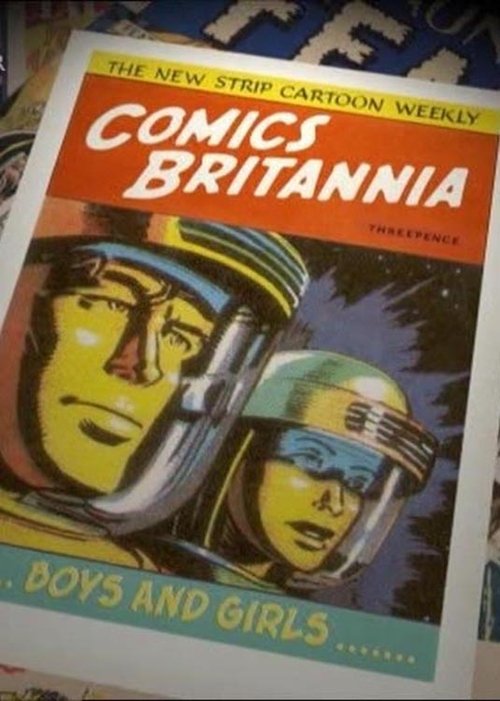 0
0Comics Britannia
Comics Britannia is a three-part documentary series from BBC Four which started on 10 September 2007. It was then repeated on BBC Two starting on 19 July 2008. The series looks at the history of the British comic and is also the centre of a Comics Britannia season.
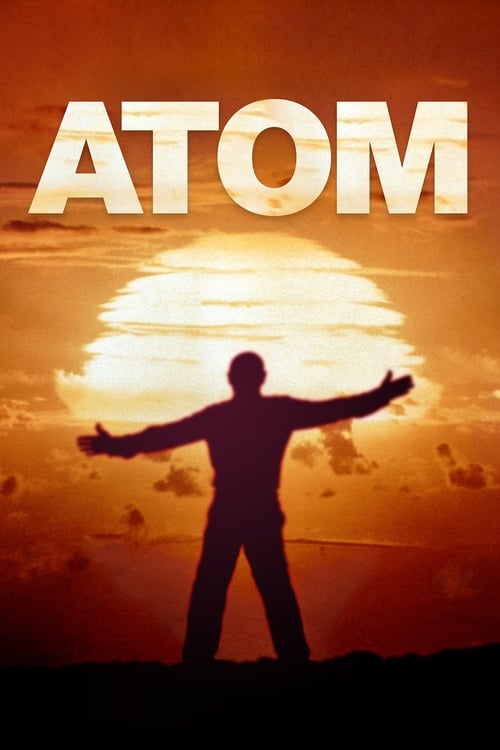
Atom
The story of the discovery that everything is made from atoms, one of the greatest scientific breakthroughs in history, and the brilliant minds behind it.

BBC Four Sessions
Leading musical artists perform live for the cameras
 0
0The Book Quiz
The Book Quiz is a literary panel show. The first series, broadcast in 2007, was hosted by David Baddiel with a second 2008 series was hosted by Kirsty Wark.
 0
0The Protestant Revolution
This is a story of a revolution which has affected every person in the West, and nearly every country in the world. It is a revolution which influences the very fabric of existence – from what we do for a living, to who we vote for, who we go to war with and how we see ourselves as individuals and as nations. The series investigates the scientific, cultural, economic and political aspects of the movement with the aid of key academic witnesses, and concludes that the reach of Protestantism is so profound that it is impossible to imagine the modern world without it.
 0
0Monsoon Railway
Director Gerry Troyna, painting an affectionate portrait of the Indian railway culture.
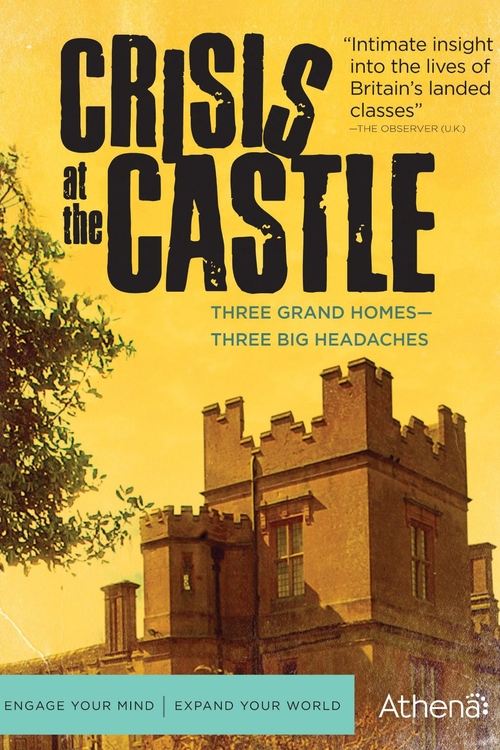 0
0Crisis at the Castle
Three British aristocratic families struggle to hang on to their historic homes. Their lifestyle is assumed to be idyllic, but constant battle with roof-leaks, falling visitor numbers, and mounting debts all put pressure on their personal relationships and peace of mind.
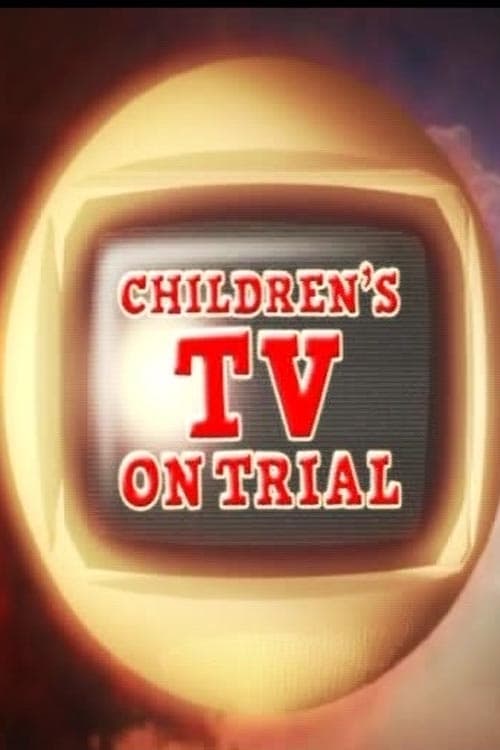 0
0Children's TV on Trial
A look at kids' telly from the 1950s to the 1990s, covering the social trends and behind-the-scenes stories in each decade.
 0
0Paul Merton's Silent Clowns
Paul Merton profiles some of the great stars of silent comedy, examining their lives and works, and uncovering seldom-seen material
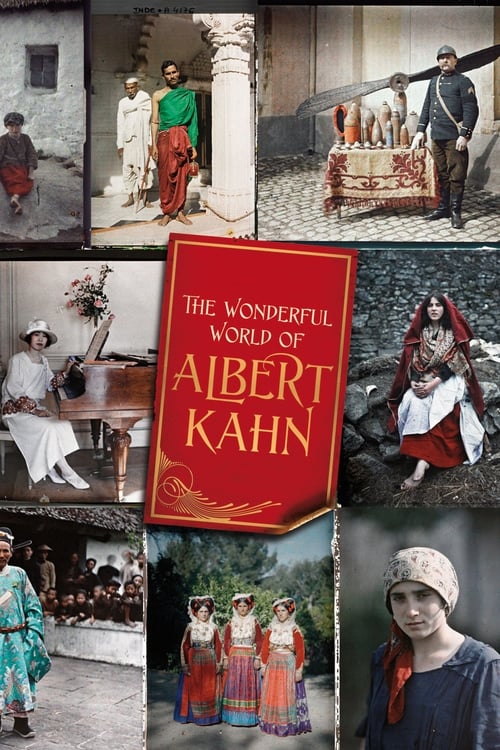
The Wonderful World of Albert Kahn
Documentary series about Albert Kahn's photographic Archive of the Planet. For a quarter of a century, Kahn supplied a team of photographers with the world's first colour camera system and dispatched them across the globe. Their films and 72,000 photographs offer a unique insight into the formative years of the 20th Century.
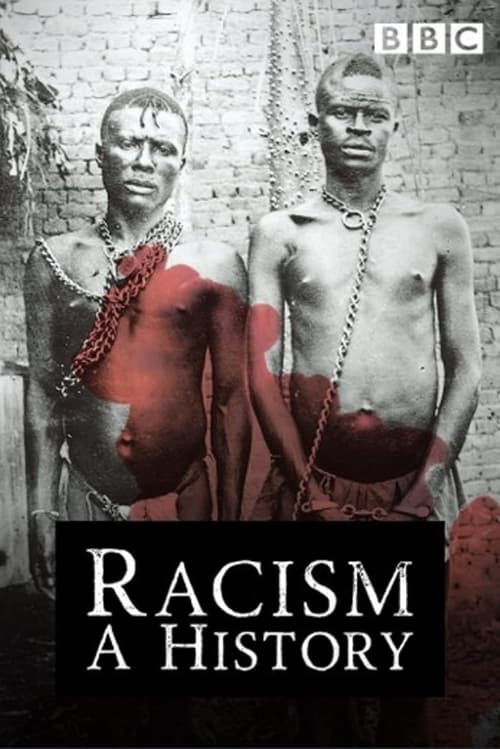
Racism: A History
Racism: A History is a three-part British documentary series originally broadcast on BBC Four in March 2007. It was part of the season of programmes broadcast on the BBC marking the 200th anniversary of the Slave Trade Act 1807, a landmark piece of legislation which abolished the slave trade in the British Empire. The series explores the impact of racism on a global scale and chronicles the shifts in the perception of race and the history of racism in Europe, the Americas, Australia and Asia. The series was narrated by Sophie Okonedo.
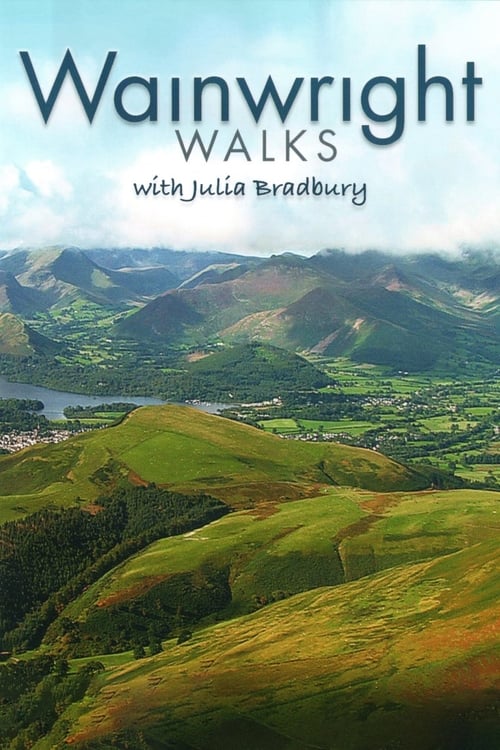
Wainwright Walks
An exploration of the work of Britain's greatest fell walker and author, Alfred Wainwright.
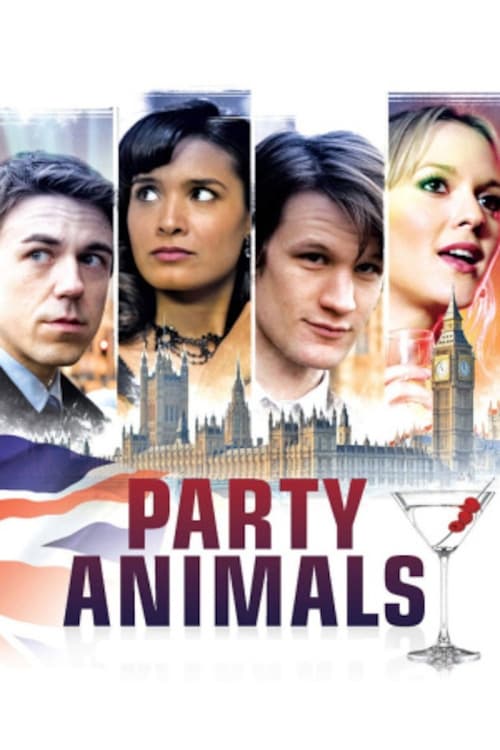
Party Animals
Party Animals presents Westminster from the ground up – the young researchers and advisors shouldering huge responsibility in a frantic, high-stakes world. It's no wonder their personal lives are so messy. Sons of an ex-Labour MP, Scott and Danny Foster have politics in their blood.
 0
0Art of Eternity
How should art depict the relationship between man and God? How can art best express eternal values? Can you, and should you, portray the face of Christ? For over a thousand years these were some of the questions which taxed the minds of the greatest artists of the early West. In this three-part series, art historian Andrew Graham-Dixon sets out to unravel the mysteries of the art of the pre-perspective era. Why has this world been so frequently misunderstood and underrated? His journey takes him from the mysterious catacombs of ancient Rome to Coptic Egypt, to the Orthodox Christian world of Istanbul and then onwards to medieval Italy and France. This programme was first broadcast on BBC Four in 2007, and later repeated on BBC Two.

Tales from the Jungle
Documentary series about famous anthropologists.
 0
0More Dawn French's Girls Who Do: Comedy
Dawn French, interviews her favorite comediennes and asks about their upbringing, family life, entree into comedy, routines for generating material, whether they hang out with other funny people, comedic influences, professional jealousy and how being funny affects one's love life. The series began as three episodes comprised of clips from 36 interviewees, but returned four months later with these six full-length interviews of Whoopi Goldberg, Catherine Tate, Kathy Burke, Julie Walters, Victoria Wood and Joan Rivers. —Samb Hicks
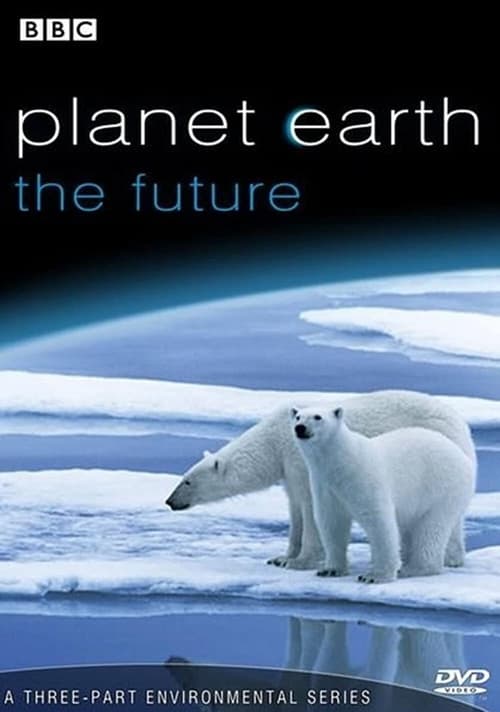
Planet Earth: The Future
The three-part complementary series features eminent scientists, theologians and conservationists discussing the environmental and conservation issues at stake and asks how much of the world revealed in Planet Earth will ever be seen again.
 0
0Voyages Of Discovery
Series in which explorer Paul Rose celebrates the achievements of famous seamen and explorers
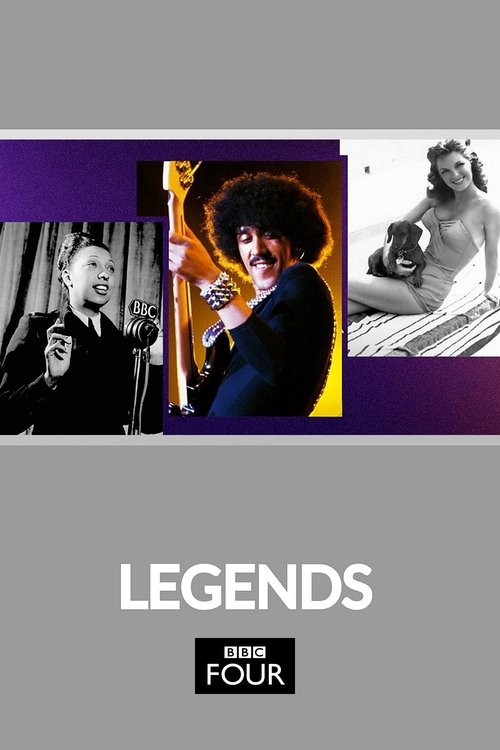
Legends
The story of the big names that have shaped the musical genres, plus an occasional stopgap for the new rock 'n' roll - comedy.